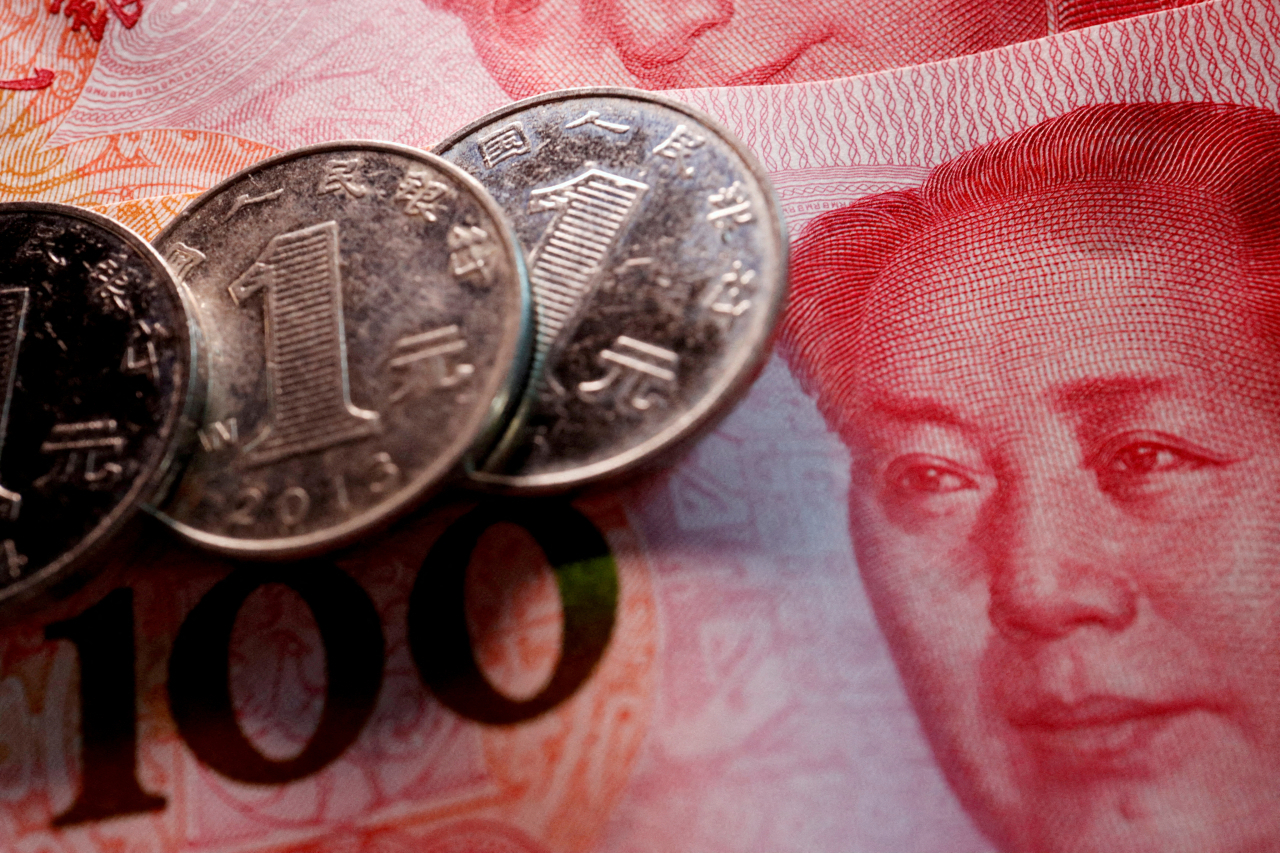Korea’s economic recovery falters as China's deflation looms
No immediate turnaround in slowing exports despite efforts to derisk from China
By Im Eun-byelPublished : Aug. 20, 2023 - 16:38

The South Korean economy faces fresh risks from China, with no immediate breakthrough in sight to recover its faltering exports.
Recent figures show worsened woes in Beijing, indicating the country’s economy could be on a path of decline. China has slipped into deflation, reporting a 0.3 percent drop in consumer prices in July on-year. It was the first time in 29 months for the figure to nosedive to a minus range.
Further data showed its retail sales, industrial output and investment all growing at a slower-than-expected pace in July. The Chinese authorities even decided not to release its youth unemployment rate this month due to mounting pressures on the economy.
Korea, with its close economic ties with China, was hoping for an economic rebound in the second half of 2023 as the Chinese market seemed to be picking up after years of pandemic shutdowns, but uncertainties are growing that the world’s second-largest economy may be edging toward deflation.
“Though Korea has been working on decreasing its dependence on China, it is still heavily reliant,” said Hwang Sei-woon, a senior researcher at the Korea Capital Market Institute. “If the slowdown of the Chinese economy persists, it could pull down the economic growth rate of Korea.”
“As Korea has been working on the diversification of its export portfolio, the reliance on China could be eased in two to three years,” Hwang said. “Meanwhile, Korea remains to be very dependent on China. If the Chinese economy recovers, Korea would partly benefit to a certain extent.”
Despite efforts to derisk from China’s geopolitical volatility, the neighbor still remains Korea’s biggest trade partner. According to the Korea International Trade Association data, China took up 20.9 percent and 19.6 percent of Korea’s total exports and imports in the first seven months of this year.
Korea’s exports in the first 10 days of August reached $13.21 billion, down 15.3 percent on-year, preliminary data shared by the Korea Customs Service showed. Its exports to China during the same period dropped by 25.9 percent, continuing a 14-month streak of decline.
“As a significant portion of Korea’s export to China is for intermediate goods, China’s global exports have to pick up first. The recent figures show this will not happen soon,” said KITA researcher Hong Ji-sang.
With China being a key trade partner for Korea, Hong projected Korea’s overall exports will not be able to recover until early next year.
“Amid the prolonged slump in the chip industry, China’s imports from Korea and Taiwan --- key hubs of the semiconductor industry -- have dropped largely in recent months. If this does not recover, Korea’s exports will not be picking up anytime soon,” he said.
Furthermore, concerns about the Chinese economy are leading to escalated volatility in the local financial market, increasing the dollar’s appeal as a safe-haven asset, which leads to won depreciation.
The Korean won against the dollar closed at 1,338.3 won on Friday, down 3.7 won from the previous trading day. It hit a year-high of 1,343 won during trading hours on Thursday, partly due to the minutes of a hawkish US Federal Reserve meeting.
Another reason is the devaluing of the won from its synchronization with the Chinese yuan, according to market watchers.
As the two economies are closely linked with intimate trade relations, the Korean won is treated as a proxy currency for the Chinese yuan in the foreign exchange market, meaning the two currencies mostly move in the same direction. The won-yuan synchronization, which had weakened earlier this year, is strengthening once again as the yuan loses its value in the forex market.
"The won's depreciation can be deepened with the yuan losing its value,” analyst Lim Jae-kyun at KB Securities said.
The fallback of the Korean won could prompt the Bank of Korea to raise the key rate to defend foreign capital flow in Korea, Lim said. The BOK, set to hold its next rate-setting meeting on Thursday, has maintained the base rate at 3.5 percent since February.
"The BOK does not need to respond to the currency rate of the current level. But if the currency dips further, the BOK may go for a potential rate hike," Lim said.



















![[Today’s K-pop] Treasure to publish magazine for debut anniversary](http://res.heraldm.com/phpwas/restmb_idxmake.php?idx=642&simg=/content/image/2024/07/26/20240726050551_0.jpg&u=)